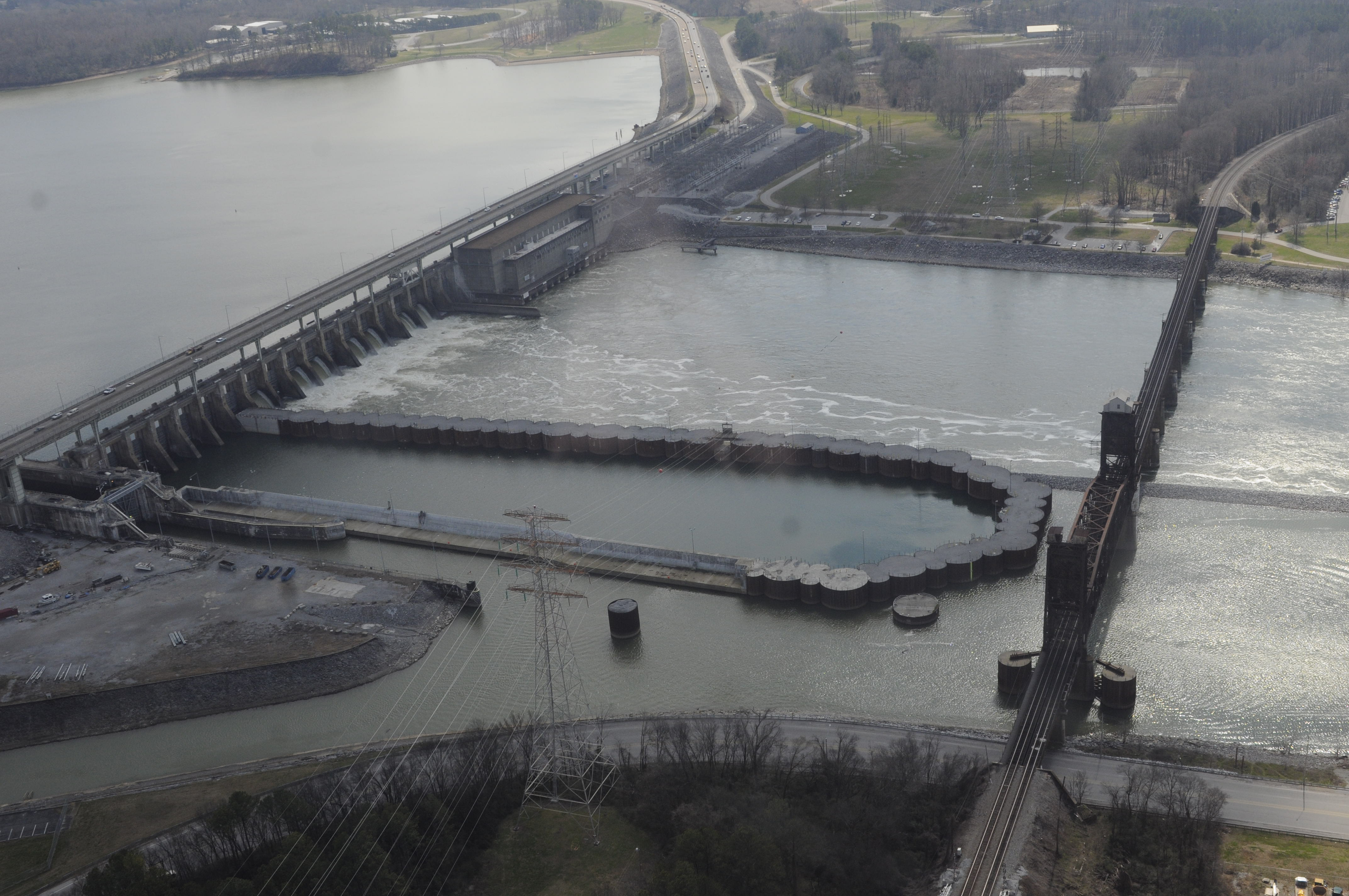House passes $12.3 billion water bill that could revive Chickamauga Lock, deepen Savannah Port
Wednesday, May 21, 2014
WASHINGTON - The House passed the closest thing so far this year to an infrastructure bill - a $12.3 billion, bipartisan measure authorizing 34 water projects, including a new funding formula that should speed completion of the Chickamauga Lock in Chattanooga and deepen the Port of Savannah in Georgia.
The Water Resources Reform and Development Act passed Tuesday on a 412-4 vote. Lawmakers shook off criticism from conservative watchdog groups like Heritage Action and Taxpayers for Common Sense that argued the bill should have done more to rein in wasteful government spending.
The Senate could vote on the bill before the end of the week, sending it to President Barack Obama for his signature.
U.S. Rep. Chuck Fleischmann, R-Tenn., said in a floor speech that the Chickamauga Lock replacement project on the Tennessee River has basically been "mothballed" due to one massive dam project on the Ohio River sucking up all available funds.
"In my beloved city, my home city of Chattanooga, there sits a lock that has been mothballed because this system has been broken," Fleischmann said in a floor speech. "Finally, this great House has solved this problem."
The congressman called it a "a huge step in the right direction ... to make sure that we ultimately fund all the locks in this system," including replacement locks for both the original Chickamauga and Kentucky locks built by TVA on the Tennessee River. The U.S. Army Corps of Engineers suspended work on the Tennessee River dam projects when it ran out of money because of cost overruns at the $3 billion dam and lock project at the Olmsted Dam on the Ohio River.
The new water resources plan would boost the share of taxpayer support for completing the Olmsted Dam from 50 percent to 85 percent. The rest of the project is to be paid for by revenues from fuel taxes on barges that use the Tennessee River and other inland waterways.
U.S. Sen. Lamar Alexander, R-Tenn., the ranking Republican on the energy and water subcommittee that oversees the corps, said the new Chickamauga lock is projected for completion by 2026 but the agreement could move that up to 2020.
"This act is good news, finally putting Chickamauga Lock fourth in the line of essential American waterways to be rebuilt, and authorizing new funding to do it," Alexander said in a news release.
But Alexander warned "the work will not be done fast enough to keep jobs flowing into East Tennessee" until Congress deals with funding and "accepts the offer of barge owners to pay more to accelerate the work." The Waterways Council, which represents the 300 major barge companies that use America's inland waterways, has endorsed a fuel tax increase of 9 cents per gallon to generate $40 million more for the Inland Waterway Trust Fund, which would be matched with federal funds to pay for more lock and dam projects.
Barge owners' offer "is in everyone's interest, including recreational boaters who would not have to pay more but would see their waiting time to go through the lock reduced," Alexander said.
Such a tax increase will have to be attached to a separate spending bill in Congress and could face opposition from conservative groups opposed to any tax increases.
But Alexander said failure of the existing, 74-year-old lock at the Chickamauga Dam is "a real possibility if the delay in funding takes too long" and "would threaten jobs in Chattanooga and throughout Tennessee, including at the Oak Ridge National Laboratory, nuclear weapons facilities, nuclear power plants and manufacturing facilities" Alexander added.
The water resources bill was suppoted by business interests like the U.S. Chamber of Commerce, which hailed it an economy-boosting measure that could deliver thousands of new jobs.
"It's going to keep America competitive," said Rep. Bill Shuster, chairman of the House Transportation Committee.
Shuster, R-Pa., and other lawmakers also argued the bill was more fiscally responsible than past water projects bills. On the House floor, he noted the bill puts an end to $18 billion in dormant water projects passed before 2007.
That was not enough for some critics. A Taxpayers for Common Sense analysis released this week called the bill "a missed opportunity to reform management of our nation's infrastructure in a fiscally responsible manner."

